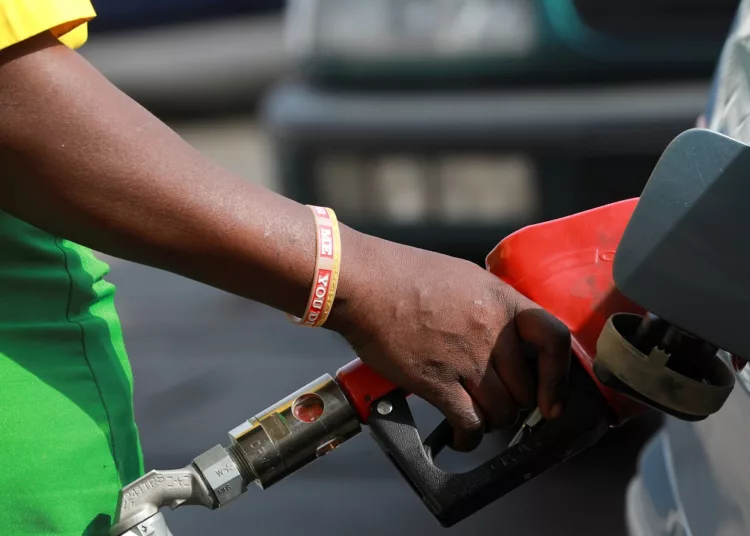The Federal Government has exonerated itself from the latest fuel pump price hike, attributing the increase to the Nigerian National Petroleum Company Limited (NNPC), which adjusted prices based on current market conditions.
LEADERSHIP reports that on Wednesday, the NNPCL raised the pump price of petrol from N897 per litre to N1,030 in Abuja, N855 to N998 in Lagos, N1, 070 in the North-East, N1,025 in other South-Western states, N1,045 in the South-East and N1,075 in the South-South.
This new increase in fuel prices has sparked outrage amongst Nigerians.
However, the Minister of Information and National Orientation, Mohammed Idris, has clarified that the federal government should not be held responsible for the latest hike in petrol prices as the decision was not influenced by the central government.
Idris noted that the decision by NNPCL was a response to current conditions in the energy sector. It emphasised that the action was not taken based on any directive from the federal government, as the government is no longer authorised to set prices for petroleum products, following the provisions of the Petroleum Industry Act (PIA).
He said with the subsidy regime ending in May 2023, the NNPC had only been paying differentials to keep the price within the range it had been, but the company said it could no longer absorb the losses.
“The differential you’re seeing is a result of different factors. One of them is the crisis in the Middle East. There’s volatility in the market. Therefore, the prices of petroleum products are going up, consistent with what is happening with other operators in the industry globally. Secondly, NNPC cannot continue to absorb these losses for Nigeria because as a limited liability company, it would be operating at a loss,” he said.
Idris pleaded with Nigerians to continue to understand the NNPC and the government’s situation in the present situation, assuring that in the long run, the prices would ultimately come down.
The minister stated that the government would reinvest the savings from the removal of the fuel subsidy into key sectors such as healthcare, education, infrastructure, and security. He also noted that the government’s investment in CNG would help alleviate the effects, alongside increasing investments from other operators.











